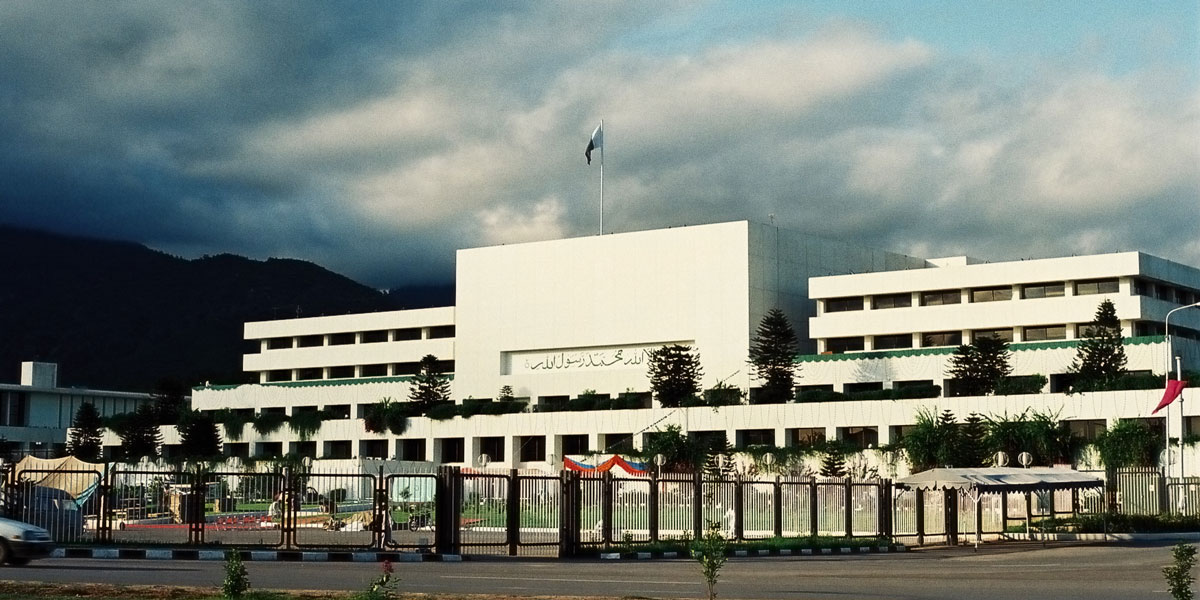On 6 October 2015 the IMF held a conference call on completion of the eighth review of Pakistan’s economic performance under an EFF arrangement. The IMF considers that Pakistan’s economic performance has been generally positive under the program but steps are required to gradually reduce the fiscal deficit and address the high level of debt. The conference call included some questions on the tax policy situation in Pakistan.
The IMF was asked about tax reforms it has suggested to the Pakistan government. The main issue for Pakistan in the opinion of the IMF is to broaden the tax base and thereby increase tax revenue. This would mean bringing more individuals and entities into the tax base that are currently exempt from tax or engaging in tax evasion. This way of increasing tax revenue would not involve putting a higher tax burden on those enterprises that are currently paying tax.
The IMF pointed out that the Pakistan government has opened 190.000 new individual income tax files since the beginning of the relevant program in 2013. Efforts to increase the coverage of the retail sector for VAT purposes are continuing. The number of tax audits and subsequent tax assessments has also been increasing.
Another important factor in increasing the tax base is the passage of legislation to limit the authorization for granting administrative tax exemptions and concessions. Such exemptions may only be granted now for a temporary period and only apply in exceptional circumstances. Any further exemptions beyond these must be granted by parliament and not by the tax administration.
Pakistan’s tax to GDP ratio is much lower than the ratio in more industrialized countries and there is therefore still potential for further increases in tax collection. Although progress has been made in this area the number of individual income tax filers is only 900,000, out of around 3.6 million registered taxpayers in a population of 190 million. This indicates the scope of possible increases in the amount of tax collected. Similar figures apply for corporate income tax and for VAT registrations among retailers.
Policies to encourage more enterprises to register for tax include a requirement for government suppliers to be currently active taxpayers if they intend to continue to do business with the government. Another important measure is the integration of the national tax system with the system for computerized national identity. This will give the tax administration a wide base of information from which to develop a tax audit strategy and an enforcement strategy. The government is currently developing a risk-based audit strategy and another key measure for the future is more legislation to combat tax evasion strategies.














